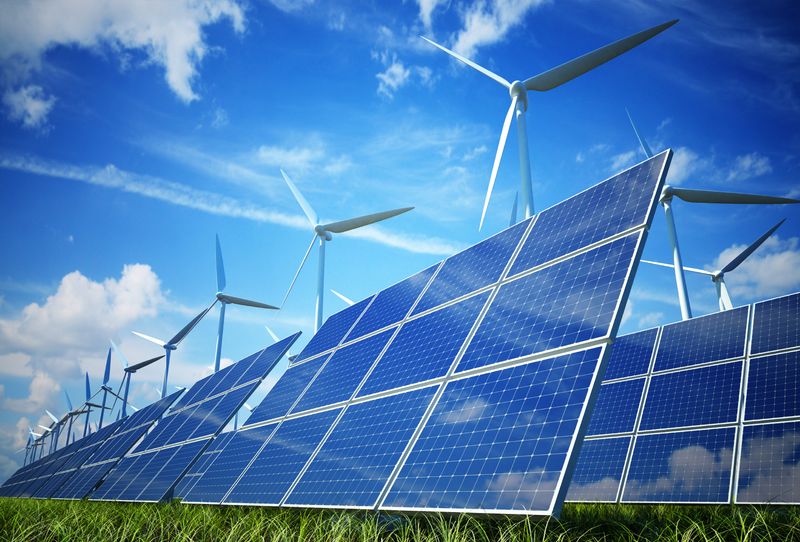There are quite a few clean energy and climate provisions in the COVID Relief Bill passed yesterday. This is smart, since air pollution exposure increases risk of severe COVID disease, so any increase in clean energy will also help with COVID. As for climate change, now is the time to massively reduce our greenhouse gas releases, so any legislation doing that is smart.
As reported by Reuters, here are some of the clean energy and climate provisions:
+ The bill requires U.S. companies to reduce production of HFCs (hydrofluorcarbons, used as refrigerants) to 15% of 2012 levels by 2036.
+ It extends tax credits for solar and onshore wind energy, and adds a new credit for offshore wind farms.
+ The bill directs the Department of Interior to produce 25 gigawatts of wind, solar, and geothermal energy on public lands by 2025.
+ There are also billions of dollars for research on carbon capture and storage, and unfortunately for advanced nuclear energy (which is not clean and not renewable).
As reported by TechCrunch, here are some more details about some of the technology parts of the bill:
+ $1.5 billion for new solar technologies
+ $2.6 billion for transportation technologies
+ reauthorizations of the $1.7 billion Weatherization Assistance Program
+ $3.4 billion for the energy grid including storage, smart utility, and distribution technologies
+ smaller amounts for research on new wind technologies, geothermal technology, and marine energy and hydropower.
+ almost $3 billion for ARPA-E, an advanced energy research arm of the government.
As reported by the AP, the bill also includes a provision for the Department of Energy’s new program to transition to electric school buses.
Like all bipartisan legislation, there are some unfortunate provisions along with the good provisions. We do not support nuclear because it is not renewable, it’s not clean because it takes a lot of (often dirty fossil fuel) energy to mine and produce the uranium or other fuel, and the problem of disposal of spent fuel has not been solved. The bill also delays contributions from coal companies into the Black Lung fund.
But overall, this is good news, and progress with addressing climate change and reducing air pollution.
12/22/2020





